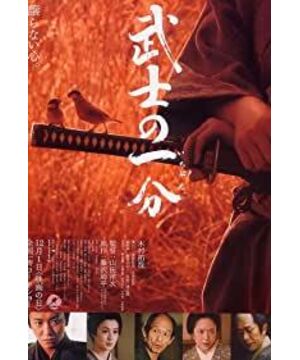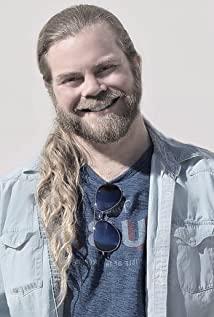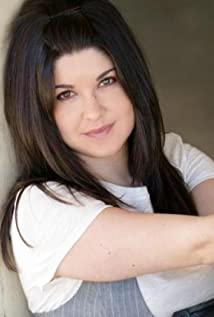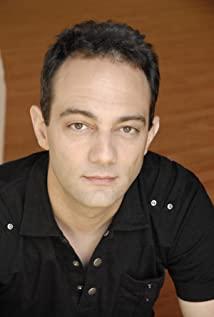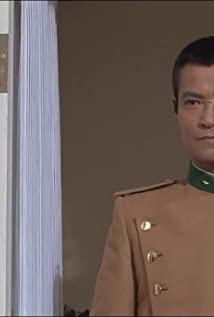After the show, the two girls sitting next to me were talking excitedly. They probably came to the film festival with Kimura Takuya, and one of them said, "It's beautiful! Not only Kimura is beautiful, but the servant named Deping The people (played by Takahisa Sasano) are also great." The girl's heart is clear, in Yamada Yoji's play, the lower the characters are, the more lovely they are. On the contrary, those elite nobles are the targets of the director's ridicule. This is not wishful thinking to defeat the strong and help the weak. If you think about it, without Deping, an old servant who knows the world, Xin Zhicheng (played by Kimura Takuya) will probably be alone for the rest of his life.
Most of the audience waited until the subtitles were finished before leaving, and then there was applause. When leaving, I heard another pair of strange women's dialogue: "This is a DVD, buy the Japanese version, the Japanese version has English subtitles." Naturally, some people are willing to pay for a genuine movie.
I feel very happy. Yamada Yoji's "Samurai Trilogy": "Twilight Seibei", "Hidden Sword and Ghost Claw" and "Part of a Samurai" were first seen at the film festival, and they were seen on the screen of the Cultural Center Grand Theater. I can't remember the year when Rena Tanaka said that she was very envious that Hong Kong had such a big place to show movies, and she was very happy that her films were shown in such a big place. I actually want to ask, why do you want to find a convention and exhibition to open this year?
The "Samurai Trilogy" premiered at the festival in 2003, 2005 and 2007 respectively. I found that the three years of the film festival were very fulfilling.
In 2005, the opening premiere of "Hidden Sword and Ghost Claw" was attended by director Yoji Yamada and actor Masahiro Nagase (unfortunately, there was no Matsu Takako). Yamada Yoji said that he wanted to come as early as 2003, but unfortunately it was SARS at the time. Masahiro Nagase said that he worked with the director many years ago. He was referring to "Son" (Hiko) and "School II" (School II), both great and moving films. Speaking of which, in addition to the low-level commoners, the disabled are also issues of concern to Yamada Yoji. Takuya Kimura of "Samurai's Point" is blind, Masahiro Nagase's favorite Eimi Wakui in "Son" is deaf, and Masahiro Nagase faces mentally handicapped students in "School II". These people live with dignity in Yamada's films.
The Chinese subtitle translation of "One Point of the Samurai" is Uchino Esther. As far as I remember, she is a Hong Kong woman married to a Japanese, and she is a fan of Yamada Yoji herself. In the summer of 2005, the Broadway Film Center organized a "Yoji Yamada Special". Uchino Esther was the master of the special issue, which was distributed free of charge by A3 SIZE. Most of the copywriting was written by her. Thankfully, the subtitle translations are prudent and down-to-earth. Nowadays, many subtitles of full-length movies are engaged in "deep processing", making themselves clever and exaggerated.
Shu Qi said a few days ago: "I even think that Yamada is using Ozu's method to guide Fujisawa of these three films (Fujisawa writes about unwilling samurai, Ozu writes about family, Yamada writes about common people, and the three have a relationship with the humanities. Pay attention, how similar and close?) - You see that aunt who is gossipy, a class of colleagues who can speak words, and relatives who don't agree with each other, don't they all come from "The Flower of the Other Side" and "Good Morning" , "Floating Grass" and other Ozu movies?" Shadow fans love Ozu. I said that friends who like "Tokyo Story" are worth watching "Son". Yoji Yamada likes to make a series of movies. He made forty-eight films of "The Suffering of Men". He stopped filming until Torajiro passed away. He was prolific, popular, and successful at the box office. His high and widowhood made many people underestimate his artistic achievements. Some themes, some relationships, can be shot again and again, but they are worth shooting again and again. Compared with the ultimate creativity of "not surprising and swearing" in mainstream Korean movies, you will find that repetition and persistence are also a kind of ability.
Yamada Yoji's samurai films have scenes of duels, blood, belly-cutting, and a sword killing, but they never embellish violence. Violent scenes may make the audience happy for a while, but they immediately return to sober sadness, because in the middle There is no winner at all. In recent years, I have often heard the term "violence aesthetics", but I still don't understand how violence and beauty can coexist.
The original text was published (link attached):
http://blog.age.com.hk/archives/580
View more about Love and Honor reviews


